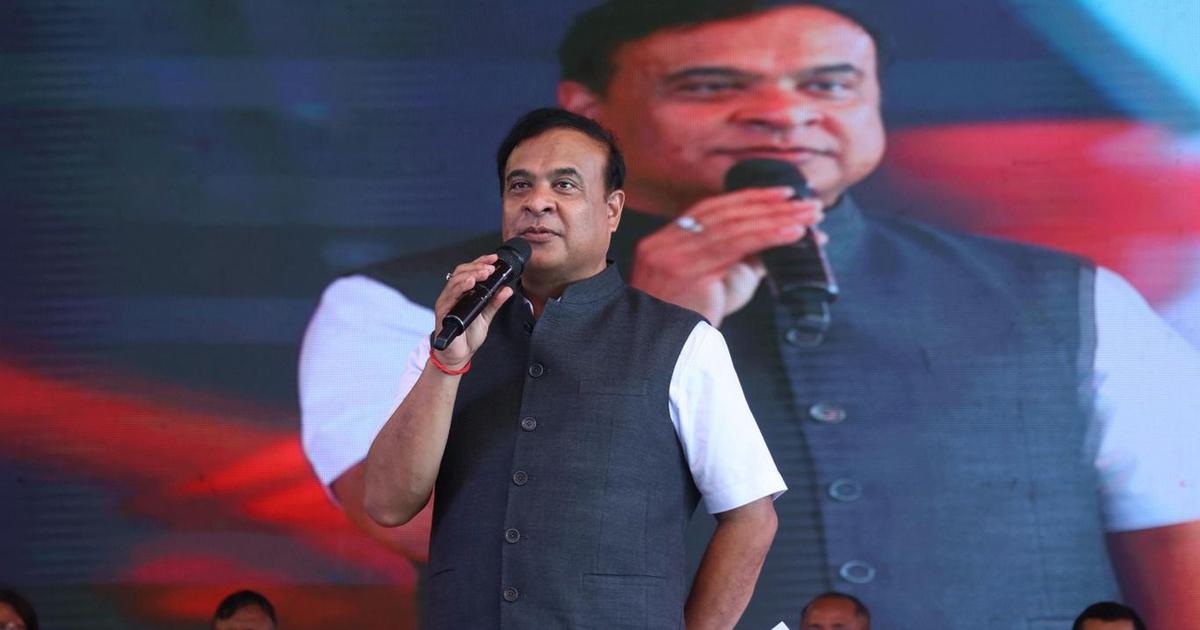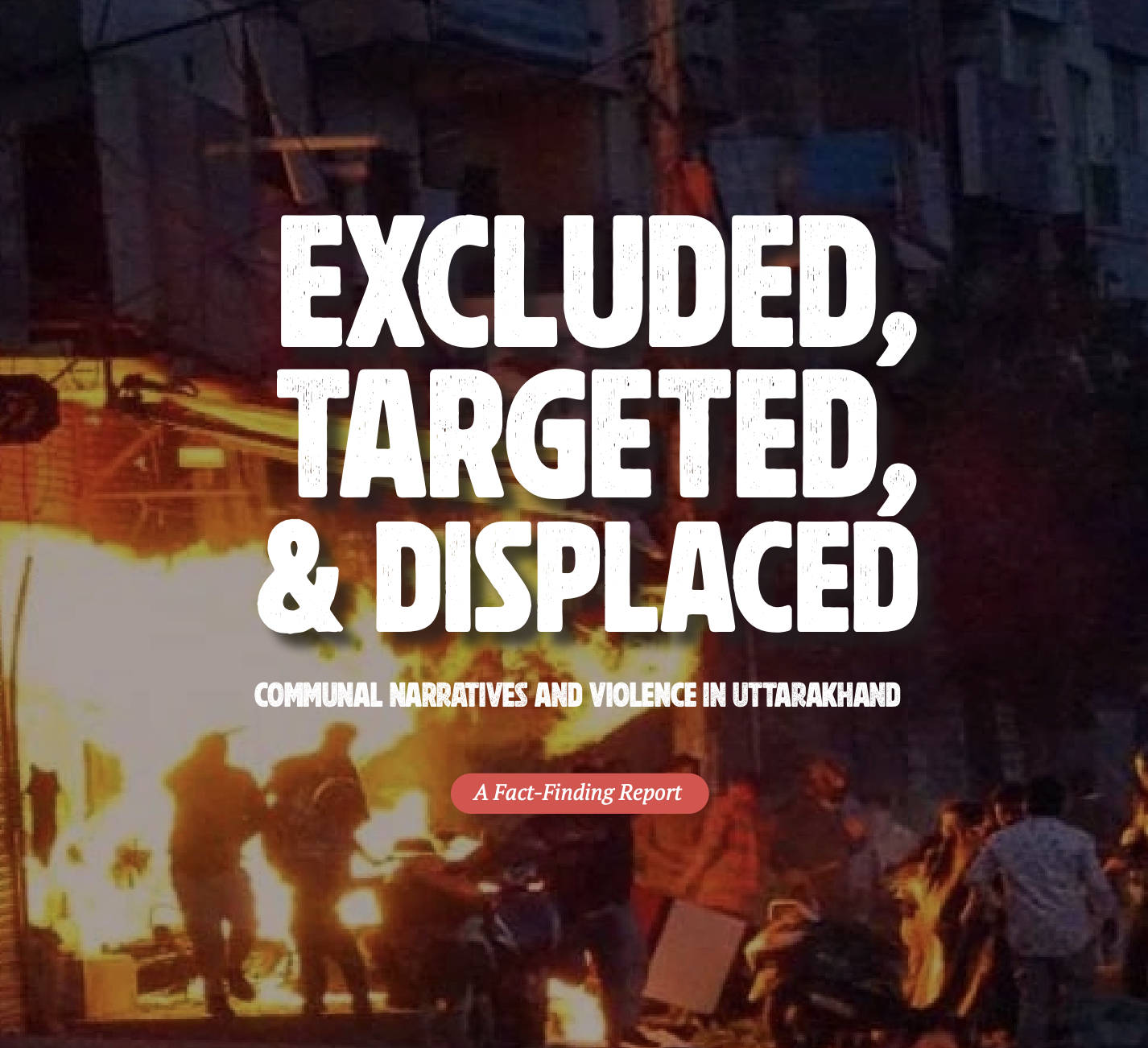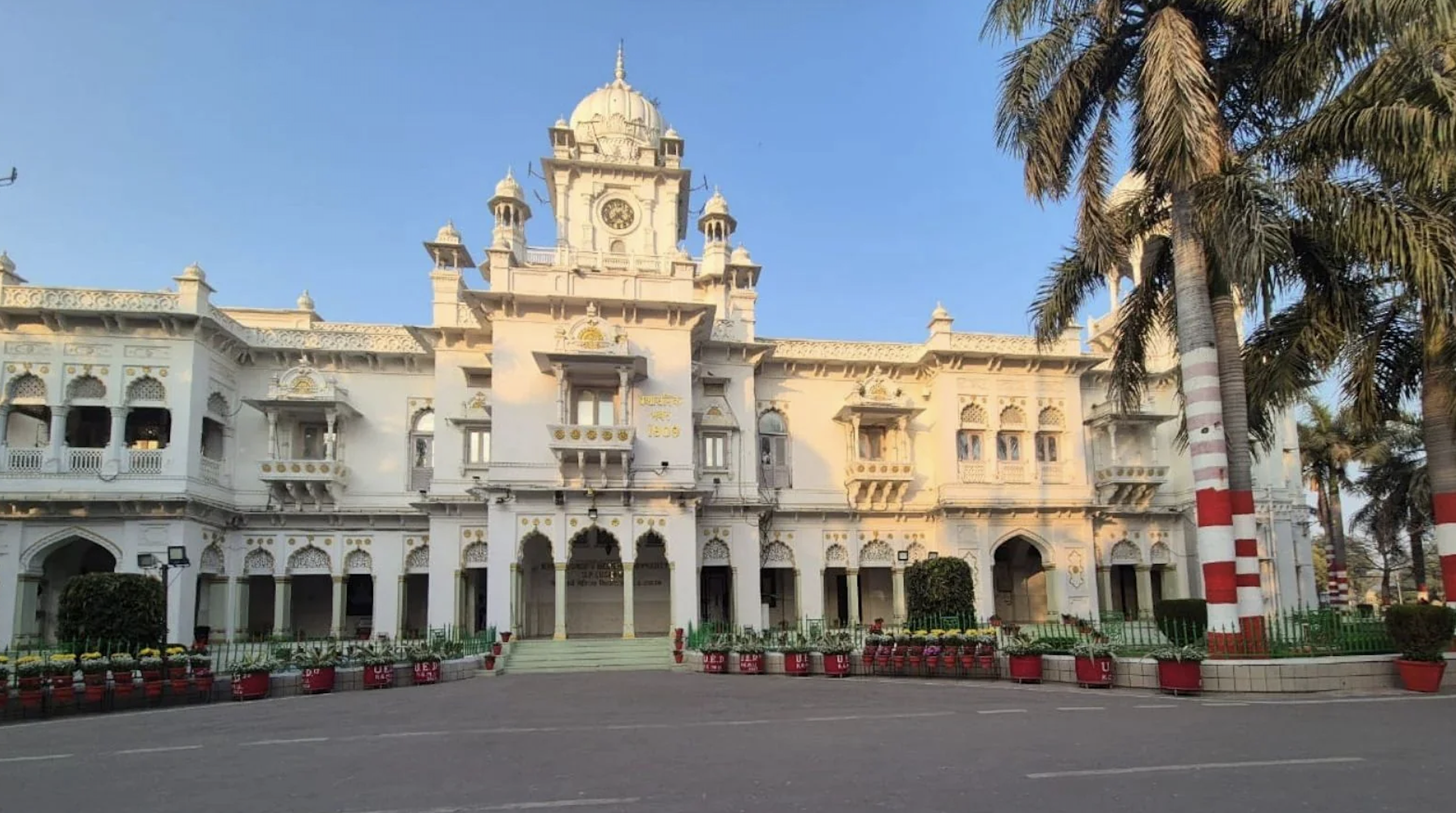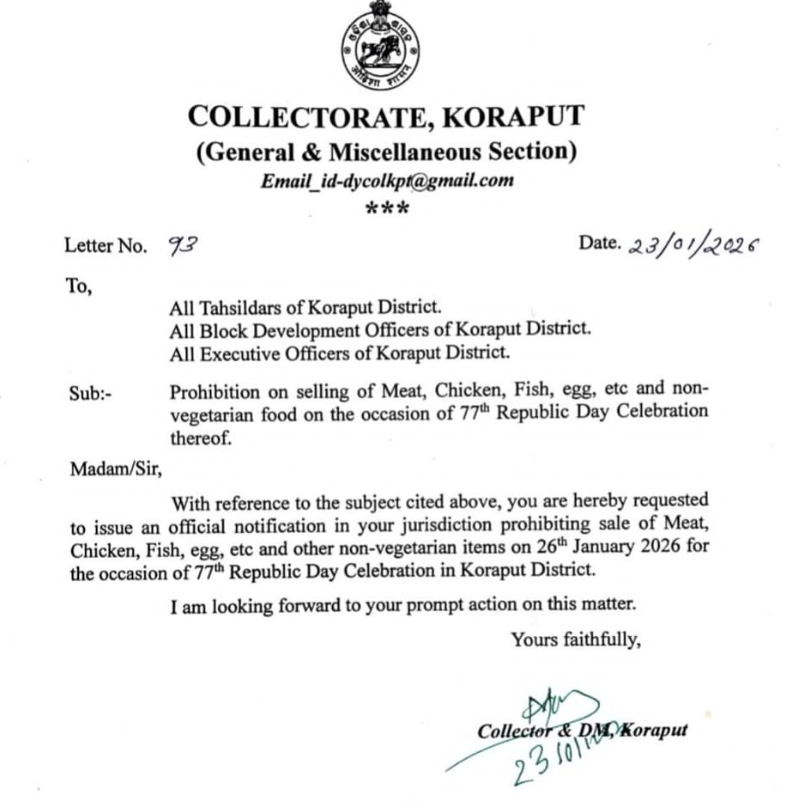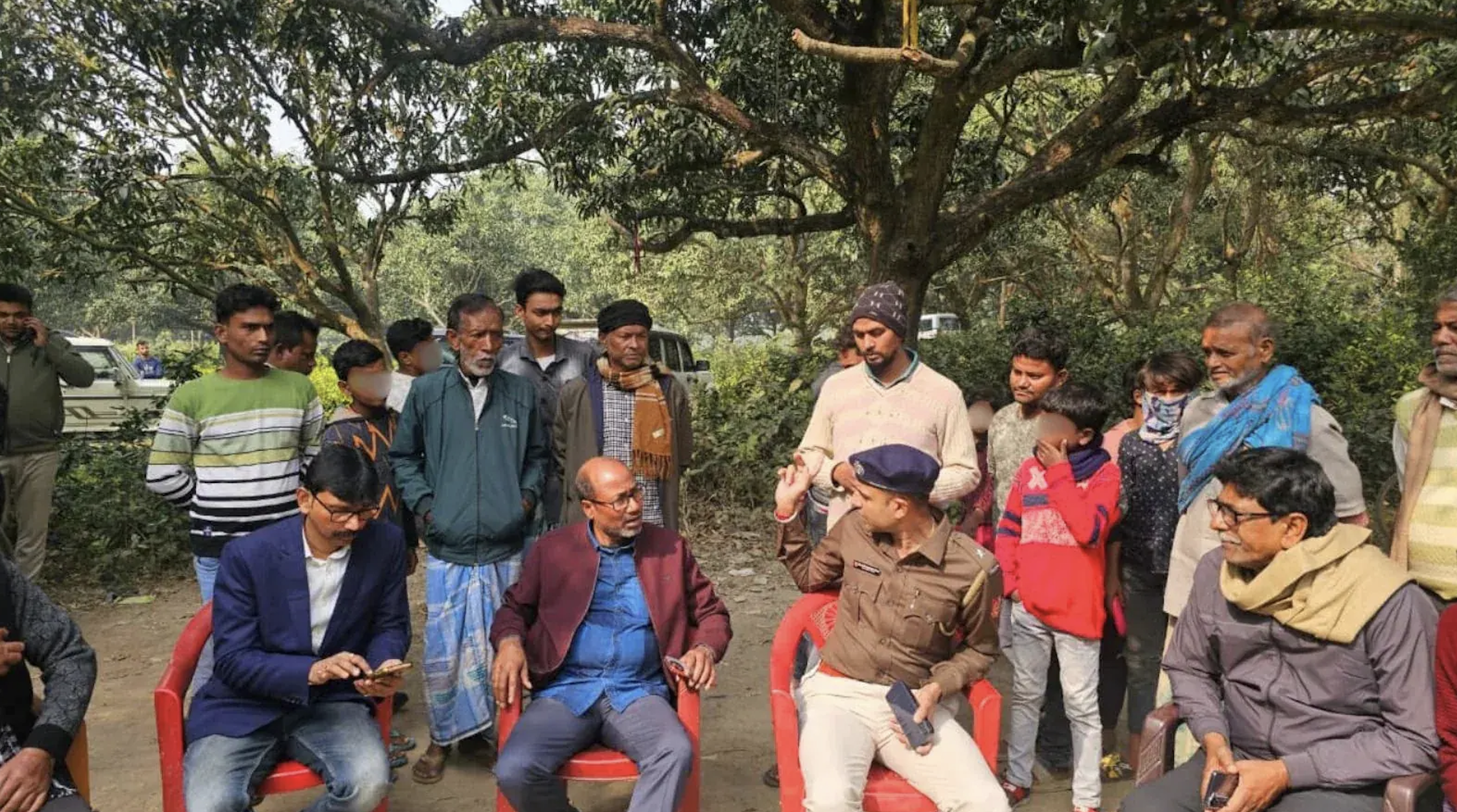
On July 19, Samirul Islam, a member of Rajya Sabha, the upper house of the Indian Parliament, posted a video of a weeping woman and her family on the social media platform X. The woman, Sweety Bibi, was appealing to Mamata Banerjee, the chief minister of the eastern Indian state of West Bengal, to help the family return to India from Bangladesh, where they are stranded. West Bengal and Bangladesh share an international border of over 2,200 kilometers.
Two minor boys, two men, and two more women stood next to her in the video as Sweety Bibi narrated how the police in Delhi, India’s national capital – roughly 1,500 kilometers northwest of the India-Bangladesh border – arbitrarily picked them up from their slum residence, branded them as undocumented Bangladeshi nationals, thrashed and abused them, and handed them over to the Border Security Force (BSF).
They were forced outside the Indian territory on June 26 after all their papers and belongings, including money and phones, had been taken away.
Sweety claimed they are natives of West Bengal, where their family members live, but the police in Delhi did not listen to them. They have been living in Delhi for several years as migrant workers involved in the unorganized sector.
The video was shot at some undisclosed location in Bangladesh, where the women, the minors, and the men are now living a life without citizenship, trying not to get caught by the security forces in Bangladesh, which could see them detained for illegal entry.
This is not the first time that a video shot in Bangladesh showed people in tears claiming to be Indians who have been forcefully pushed over the Indian border.
In May, a video shared by a Bangladeshi journalist on social media showed 14 Indian nationals from the northeast Indian state of Assam stranded in the “no-man’s land” between India and Bangladesh after India’s BSF pushed them out and Border Guard Bangladesh refused to let them in.
After families of these pushed-out people approached the high court in Assam, the state police brought at least 65 people back from Bangladesh, including women homemakers, government schoolteachers, and the elderly.
This story was originally published in thediplomat.com. Read the full story here.


